
Rome Newsroom, May 20, 2023 / 12:48 pm (CNA).
Thousands of individuals, families, and young people braved the cool, rainy weather to march in Italy’s national “Demonstration for Life” in Rome on Saturday afternoon.
The walk May 20 started at Rome’s Piazza della Repubblica, close to the central Termini train station, and slowly wound its way past the Basilica of St. Mary Major, down the thoroughfare of Merulana Street, to the square in front of the Basilica of St. John Lateran. The route was about 1.2 miles.
Formerly called the “March for Life,” the name was changed last year when new leadership took over the event.
The president of the organizing group, Massimo Gandolfini, told EWTN News earlier this month that the demonstration is not associated with a specific political party.
“We do politics with a capital ‘P’,” the neurosurgeon and adoptive father of seven said. “That is, defense of life, defense of the natural family, defense of the educational freedom of parents. This is our politics…”
He said the goals of the organization include establishing a national day for unborn life and a government fund to help pregnant women in difficulty. They also hope to cultivate more recognition of the beauty of motherhood in the culture.
Gandolfini added that the organizers are opposed to the legalization in Italy of euthanasia, assisted suicide, and surrogacy.
“We are strongly opposed to all of these because first of all there is the right of the child,” he said.
The event concluded with speakers and a rally outside the Basilica of St. John Lateran.
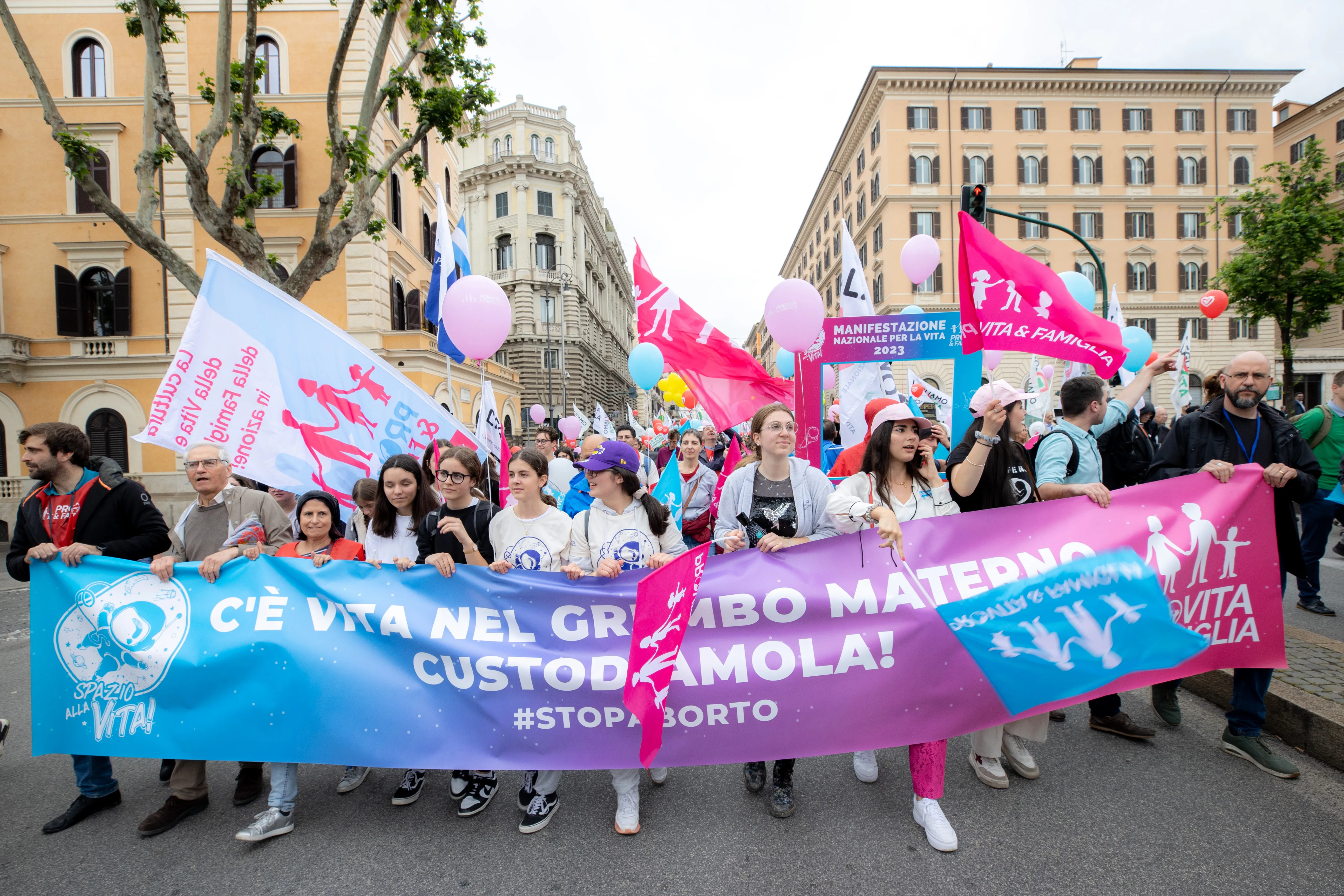
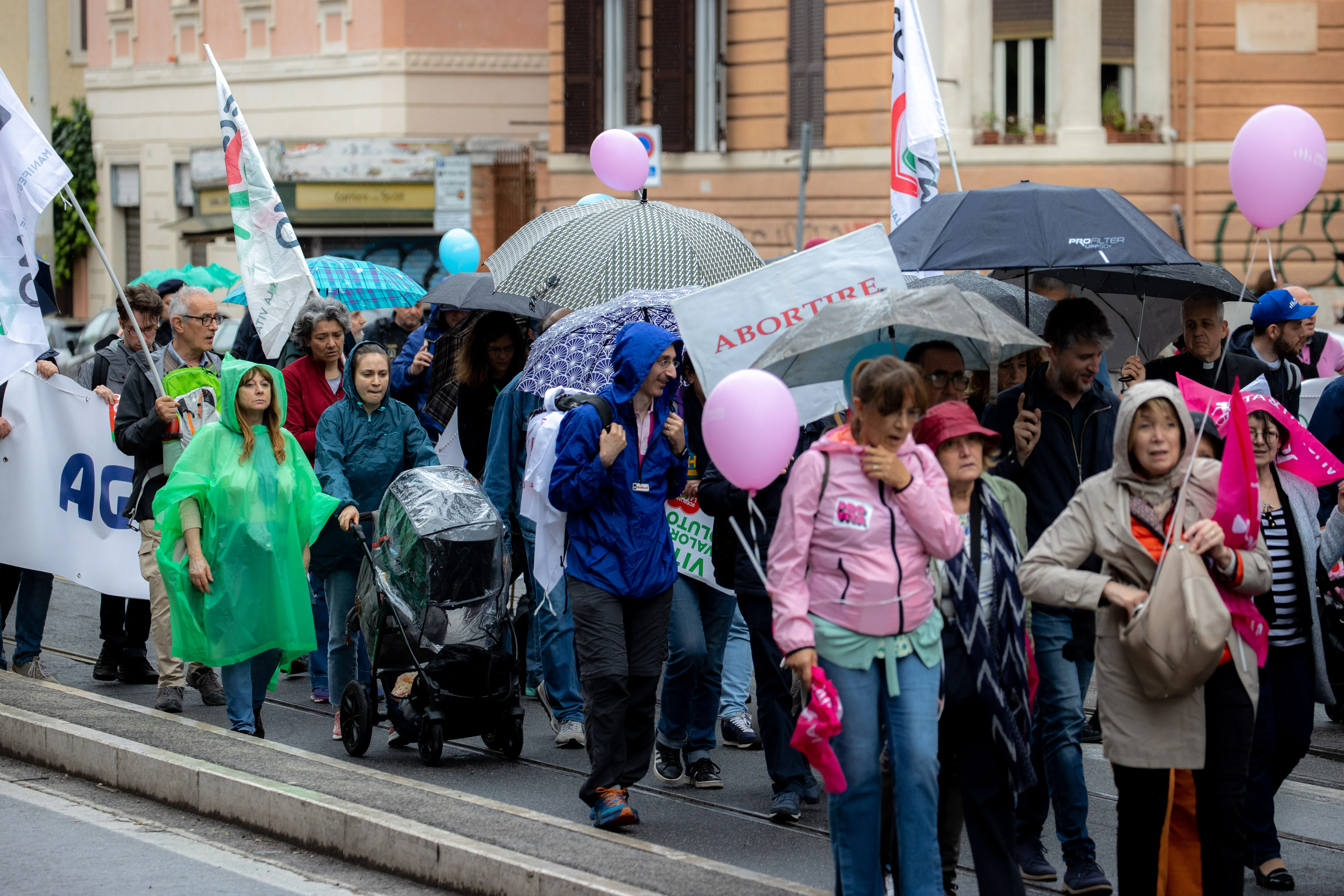
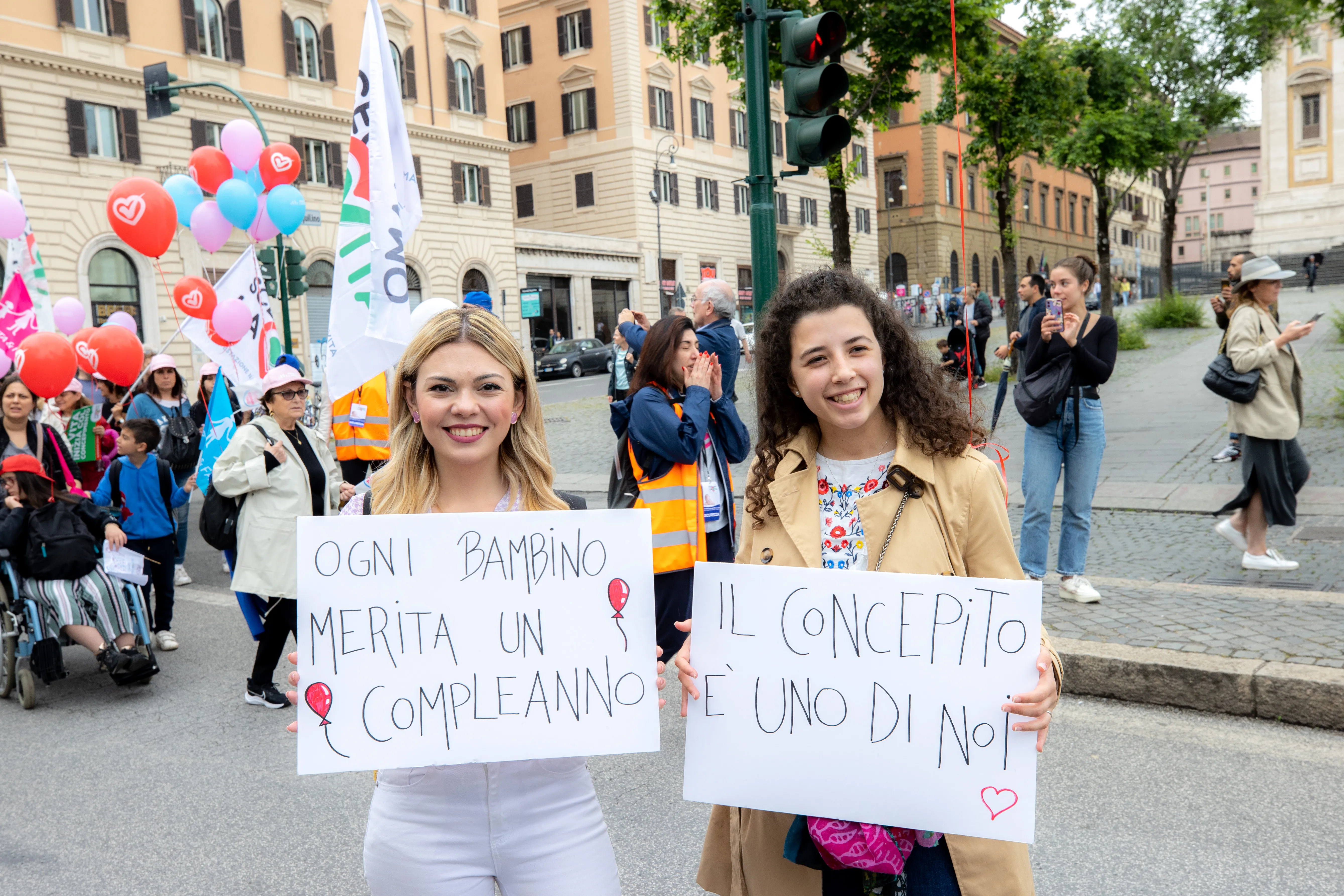
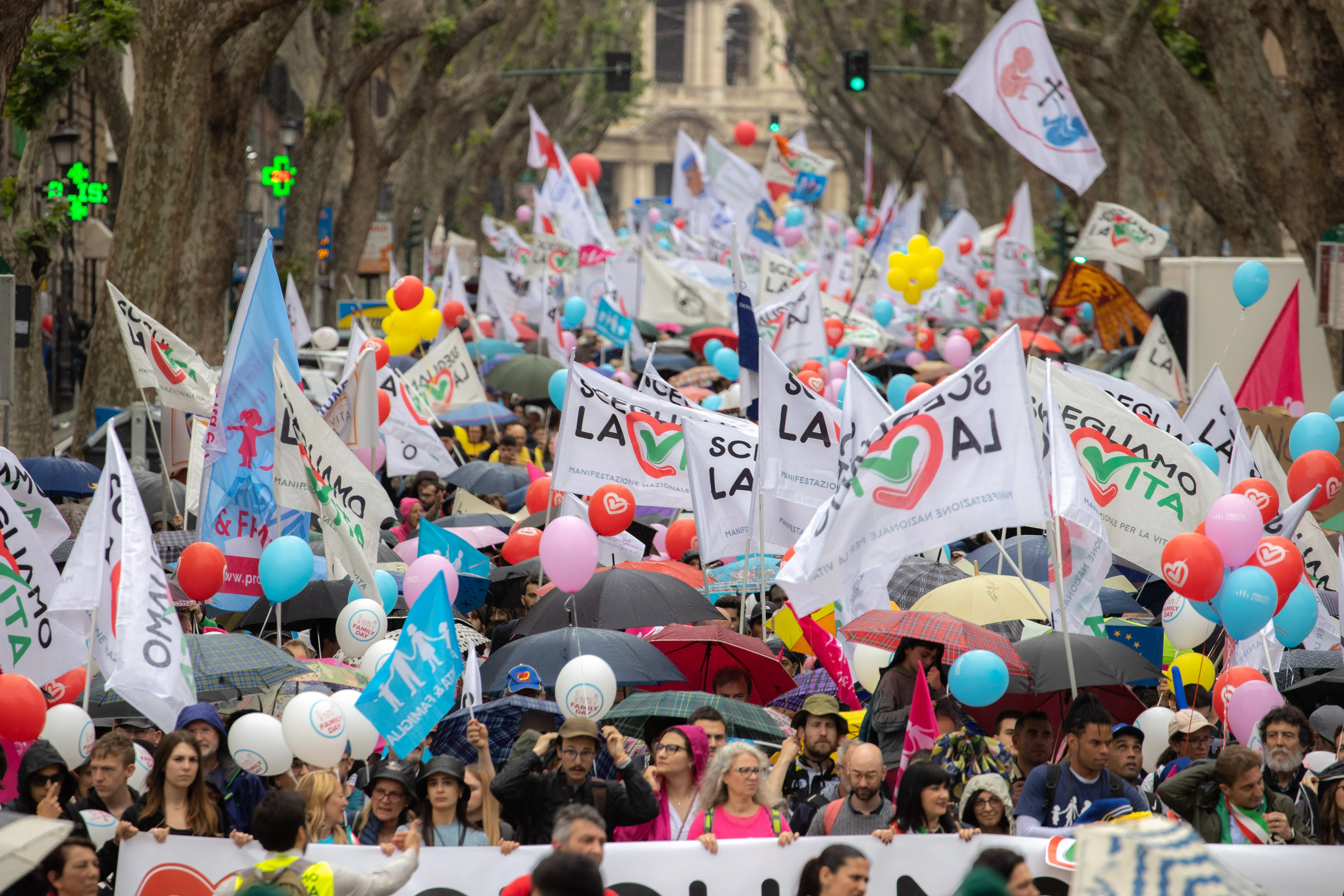
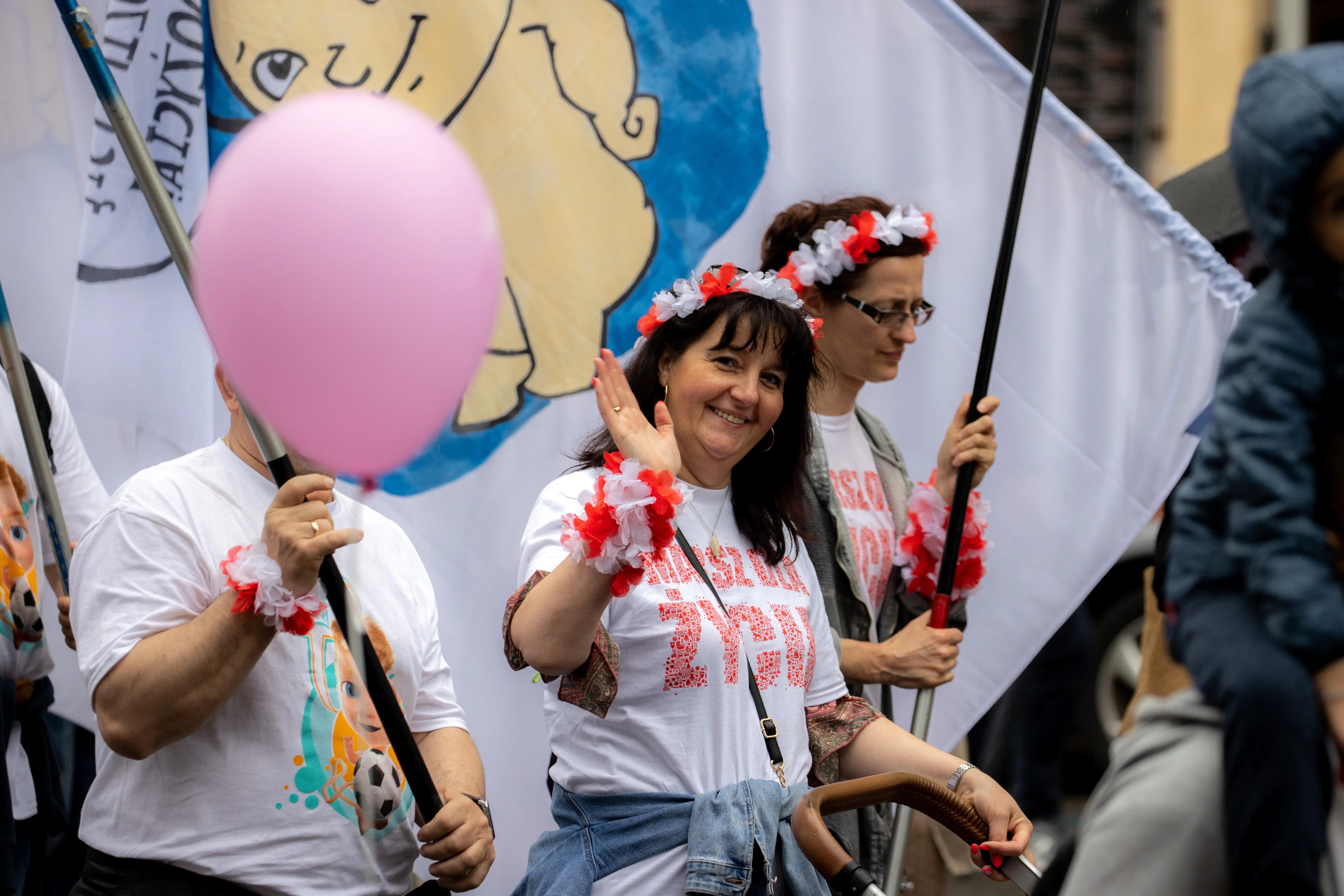

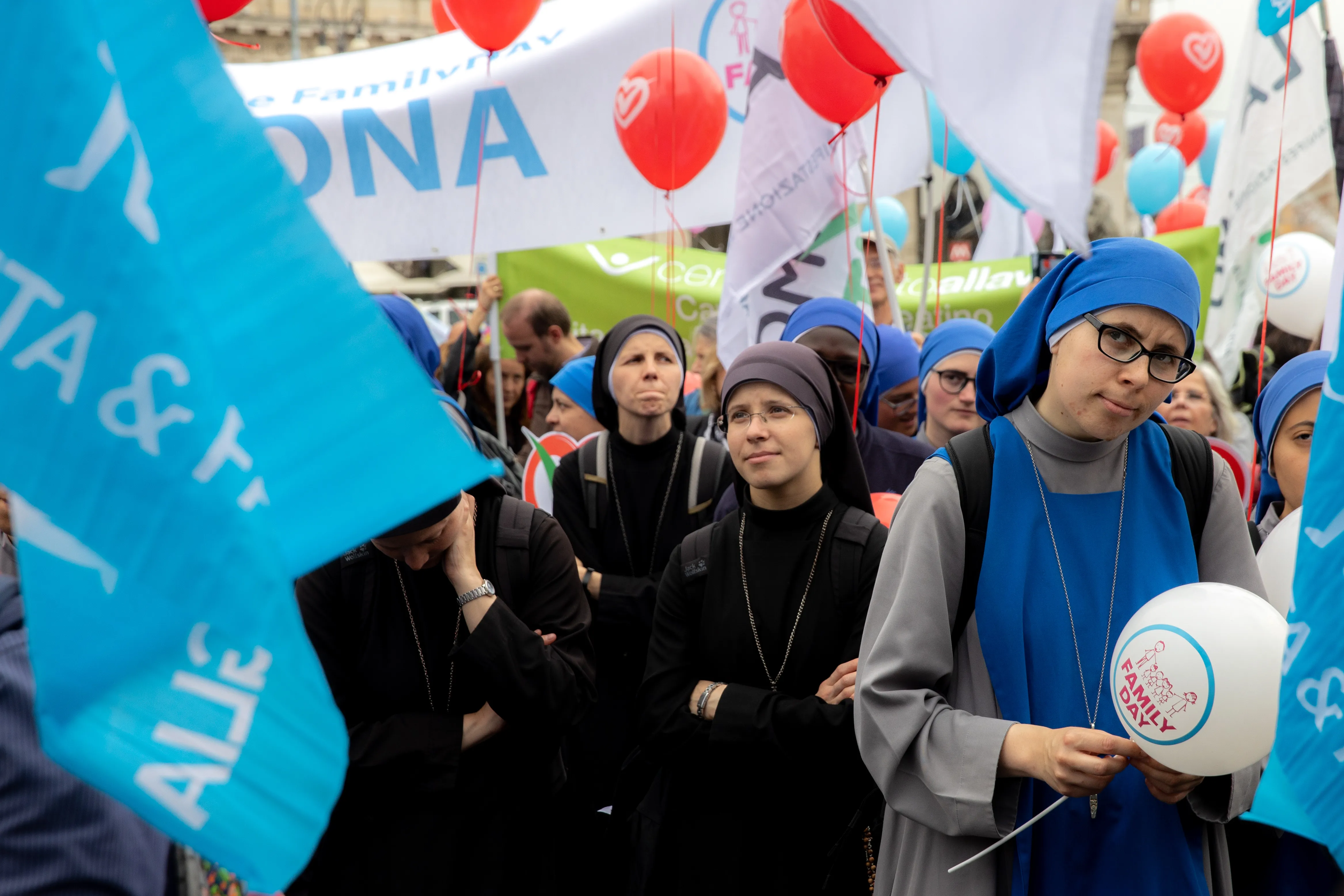
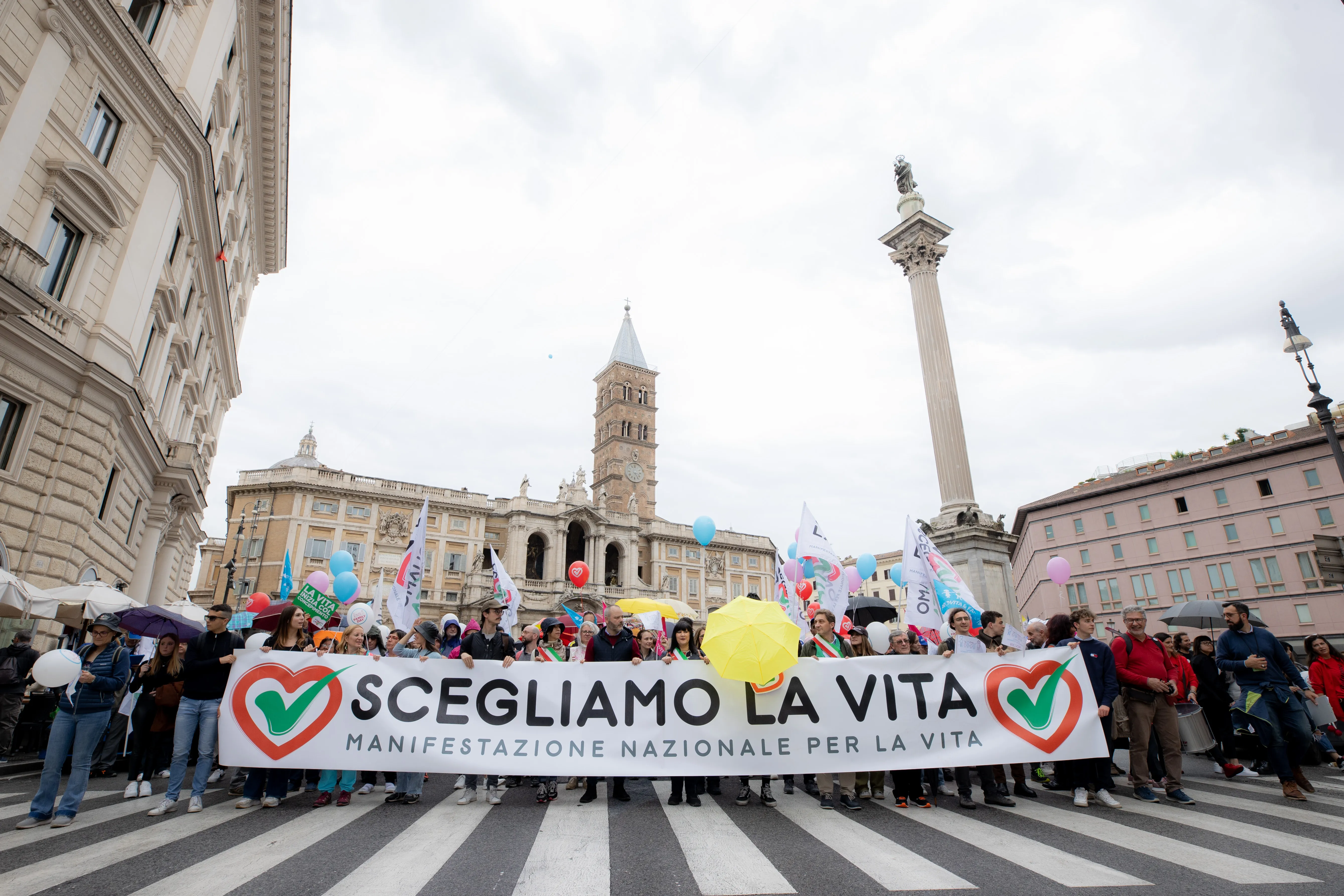
If you value the news and views Catholic World Report provides, please consider donating to support our efforts. Your contribution will help us continue to make CWR available to all readers worldwide for free, without a subscription. Thank you for your generosity!
Click here for more information on donating to CWR. Click here to sign up for our newsletter.




Life is sacred and a precious gift. Long live life.
More and more, I’m seeing the motto “pro-life and pro-family”. Yes!
The most dangerous place in the world for a child today is within her own mother’s womb.
Godspeed to these people who are taking to the streets in Italy.
Considering the billion-plus children around the world whose deaths we have advocated for, sponsored and/or financed, it’s hard to fault the Iranian ayatollahs’ characterization of America as “the great Satan.”
You Catholics who vote for Democrats, look to your souls.